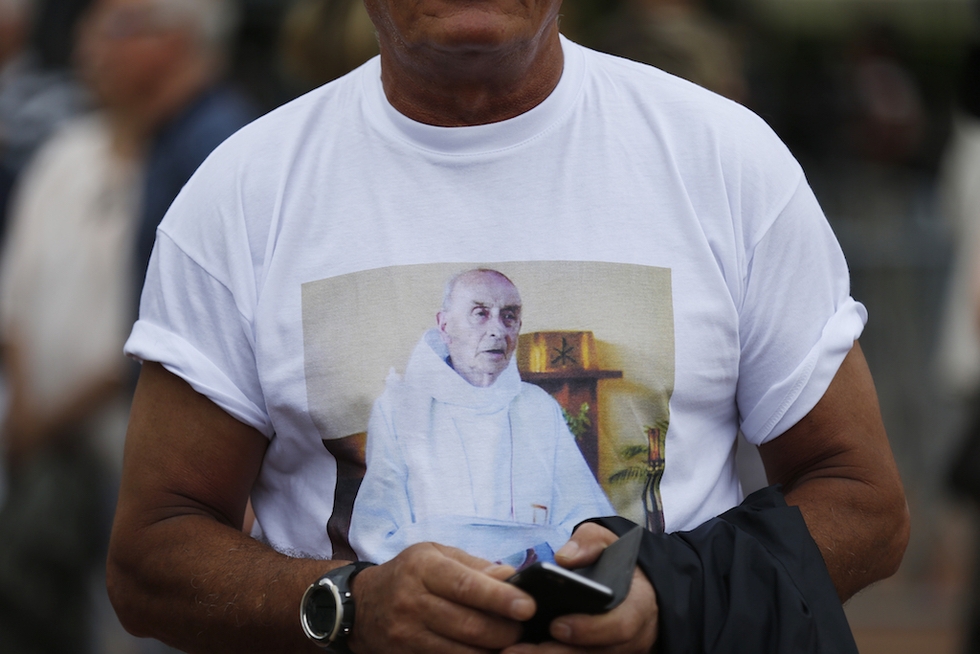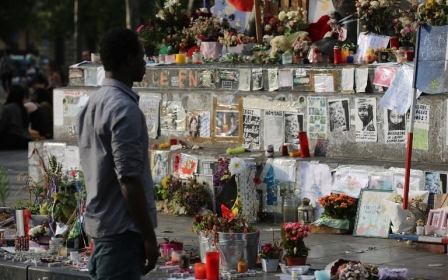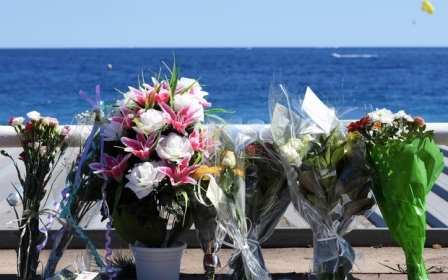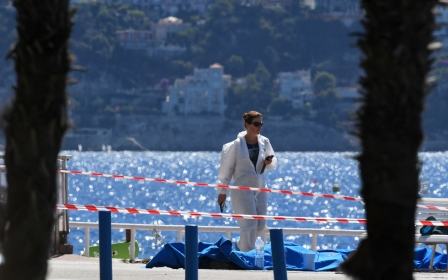IS 'running out of gas' in Europe, says ex-MI6 counter-terrorism chief

The idea of the Islamic State (IS) is “running out of gas” in Europe, according to a former director of counter-terrorism at MI6.
Richard Barrett, former director of global counter-terrorism operations at the British intelligence agency and currently a special adviser to the Soufan Group, told an audience at King College London that he didn’t think “we should be too concerned about terrorism” and that ultimately it would be a “relatively minor irritation in our lives", compared to what it means to populations in Iraq, Afghanistan and elsewhere.
In a speech that called for a more nuanced and level-headed approach to the threat of IS, he warned that by amplifying the importance and global scope of attacks like the ones in Nice or Normandy, governments risked making the militant group look much bigger than they actually are.
“After 15 years of enormous investment in countering terrorism, a diversion of effort among other things, taxpayers might have argued we could have made a better use of their money,” he said, delivering the keynote speech for the IS-in-Europe event hosted by the International Centre for the Study of Radicalisation and Political Violence.
“Why hasn’t that huge effort to deal with them been more successful than it has?”
His speech comes as tensions run high in Europe over a series of attacks by individuals claiming allegiance to IS, as well as one instance of an apparent far-right attack.
The atmosphere has been such that even an explosion caused by aerosol cans in a suitcase outside an immigration centre in Bavaria can become international news.
Barrett criticised the "war response" that European countries had taken towards the threat from IS and its fellow travellers and questioned whether the state of emergency imposed in France after November's attacks in Paris had actually made the country safer.
“Anything that divides society, whether it’s a right-wing attack or an Islamist attack, helps Islamic State,” said Barrett.
“Our response at the moment is completely disproportionate to the threat … we have to believe that our own societies are resilient enough to withstand the threat.”
Charlie Winter, a senior research associate at Georgia State University's Transcultural Conflict and Violence Initiative, described Barrett's speech on Twitter as "excellently measured" and praised it for calling to "stop overblowing the threat".
The security services in France have come in for criticism over the volume of terror attacks carried out in the country and the apparent failure to keep tabs on the individuals carrying out the attacks.
Particular outrage has been sparked by the revelation that Adel Karmiche, the 19-year old alleged to have killed Father Jacques Hamel in a church in Normandy on Tuesday, was not only known to the authorities, but was wearing an electronic tag at the time of the attack.
Barrett acknowledged that while other intelligence services, specifically the British, had probably done a "better job" in terms of combatting potential threats, the problem in France is simply "overwhelming" and that even though authorities had tagged Karmiche, "you’ve probably got another 500 and something with tags".
"They have nothing like the resources to monitor 24/7 all those people," he said. "If you bang them all up, I don’t think that’s an answer either. It’s not an answer for more than five minutes."
Despite the controversy and fear that IS still manages to generate in Europe, the number of people travelling to join IS in Syria and Iraq has decreased from previous years and, in the UK, at least half of the 800 people who travelled to fight with the group has since returned.
IS has lost vast swathes of territory in Syria and Iraq since they originally announced the creation of their caliphate in June 2014. In Iraq, the city of Mosul - which fell to the group in June 2014 - is the only stronghold the group has left.
Some commentators have argued that the rise in international attacks attributed to the group is in part because of their military defeats in the Middle East.
Though losing ground to the Iraqi army and allied militias, IS managed to carry out its most devastating bombing attack so far in early July, when a series of suicide blasts claimed almost 300 lives in the Karrada district of Baghdad.
This article is available in French on Middle East Eye French edition.
New MEE newsletter: Jerusalem Dispatch
Sign up to get the latest insights and analysis on Israel-Palestine, alongside Turkey Unpacked and other MEE newsletters
Middle East Eye delivers independent and unrivalled coverage and analysis of the Middle East, North Africa and beyond. To learn more about republishing this content and the associated fees, please fill out this form. More about MEE can be found here.




